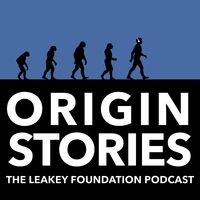Total duration:20 h 57 min
|
|
|
38:25
|
|
|
|
39:01
|
|
|
|
36:31
|
|
|
|
33:46
|
|
|
|
37:27
|
|
|
|
28:56
|
|
|
|
23:51
|
|
|
|
29:23
|
|
|
|
35:27
|
|
|
|
26:54
|
|
|
|
32:49
|
|
|
|
26:38
|
|
|
|
44:01
|
|
|
|
30:33
|
|
|
|
30:13
|
|
|
|
29:35
|
|
|
|
34:08
|
|
|
|
33:13
|
|
|
|
30:14
|
|
|
|
27:21
|
|
|
|
27:32
|
|
|
|
35:05
|
|
|
|
01:49
|
|
|
|
27:11
|
|
|
|
23:21
|
|
|
|
31:16
|
|
|
|
33:48
|
|
|
|
54:02
|
|
|
|
17:30
|
|
|
|
22:40
|
|
|
|
34:42
|
|
|
|
28:27
|
|
|
|
28:02
|
|
|
|
20:35
|
|
|
|
43:19
|
|
|
|
36:23
|
|
|
|
25:26
|
|
|
|
67:50
|
|
|
|
09:38
|
|
|
|
40:39
|

